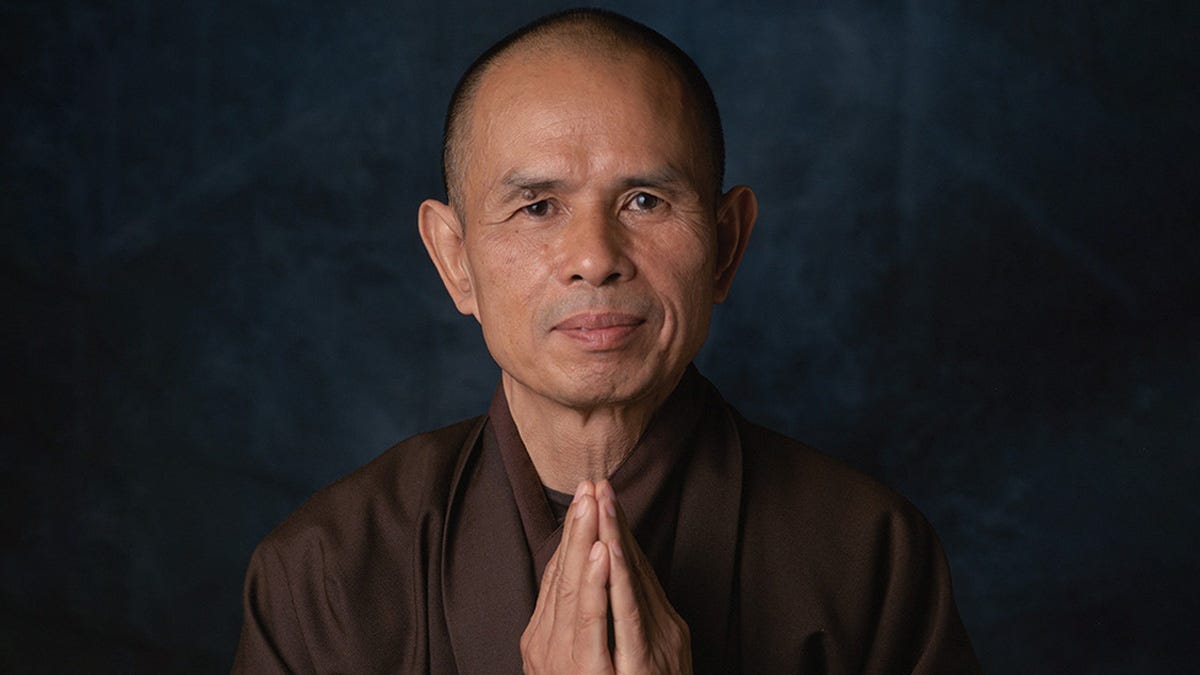Elsewhere Care Package: Choices, Compassion, and the Tuscan Hills
Care package #1 from Living Elsewhere
What this is
To thank the wonderful people who have decided to help me in trying to make Living Elsewhere a financially self-sustaining project (still a distant goal, sadly), I have decided to start sending out virtual care packages!
For anyone who doesn’t know what a care package is, it is a tradition that we have (at least in the US, maybe in other countries) of sending to a distant loved one a box filled with goodies—nice things that will cheer them up and make their life just a bit better. I can’t send chocolate, socks and hot water bottles, but I have realized that there are things I can send.
Here is my plan:
Roughly every two weeks, members of the Inner Elsewhere (i.e., paying subscribers) will get an Elsewhere Care Package. (It won’t always be on the same day; care packages are slightly unpredictable, which adds to the excitement.)
Each package will contain at least the following:
something beautiful
something interesting
something useful
something funny
My goal is to lift your spirits from time to time, even if only momentarily, and enrich your life as best I can. I hope that you’ll enjoy it.
Your first care package is here already! So let’s open the box, shall we? 📦 👏
Note: In the future, there will be a paywall here; however, I have decided to let both paid and free subscribers open this first care package. But in case you’re already sold, here’s a subscribe button:
Elsewhere Care Package #1
I packed this up for you with help from my pet turtle, Stjärna.
We had fun selecting things to put in the package. She’s a fan of sunsets, so I agreed to put in a sunset picture, as canonical as that is.
OK, let’s start unpacking the box…
The Tuscan hills
This picture was taken in 2023 near Florence, Italy. My ex Liza and I (and Stjärna, too) lived for a few months in Bagno a Ripoli, just a few kilometers outside of Firenze. We lived in an apartment in a massive villa in the hills, where we would take walks in the evening, looking over the olive orchards, the vineyards, the cypresses and pines, and the distant hills dotted with ancient buildings. It is one of the most magical landscapes I have encountered. Here it all is, topped with an October sunset.
A quote on suffering
Thich Nhat Hanh was a Buddhist monk from Vietnam, a peace activist, and a beloved teacher to many. He said many memorable things during his life, which ended just a few years ago. This quote has helped me greatly in understanding cruel behavior and learning to have more compassion for others:
“When another person makes you suffer, it is because he suffers deeply within himself, and his suffering is spilling over. He does not need punishment; he needs help. That’s the message he is sending.” ― Thich Nhat Hanh
In fact, this has helped me to recognize that when I myself am in a dark place and am causing someone else to suffer, what I really need is to ask for help. This is very difficult, but in the end, it’s not as bad as watching loved ones suffer.
The Elimination Game
You don’t know this about me, but I love to invent things. (If “inventor” were the kind of job you could apply for, I’m sure I would have sent out many résumés when I was younger.) Sometimes I invent physical objects, sometimes I write computer programs, and sometimes I invent processes. Here I would like to share with you one of my favorite inventions, which is a method for collaborative choice-making. I call it the Elimination Game.
You are probably familiar with the situation this dialogue illustrates:
A: What do you want to do for dinner?
B: Let’s go out.
A: Sure. Where do you want to go?
B: I don’t know. Where do you want to go?
A: I don’t really have a preference. Wasn’t it your suggestion?
B: Yes, but I don’t have any ideas.
A: Do you want to have Vietnamese food?
B: No, not really.
A: Well what do you want, then?
B: I’m not sure.
etc.
The problem here is that neither person is prepared to take full responsibility for making the choice. What we need is a method that will share the responsibility and the work just about equally between the two people. That’s what the Elimination Game does.
First, I’ll tell you how it works, then I’ll give an example, and then I’ll explain why it works. Let’s continue to call the two people A and B.
The four steps of the Elimination Game:
A selects exactly four candidates.
B eliminates one of the candidates.
A eliminates another of the candidates.
B chooses between the two remaining candidates.
Let’s replay the dialogue from above:
A: What do you want to do for dinner?
B: Let’s go out.
A: Sure. Where do you want to go?
B: I don’t know. Can we do the Elimination Game?
A: Sure. Do you want to start?
B: No, you start.
A: OK, I’ll pick four things: Vietnamese, Italian, Ethiopian, or Spanish.
B: OK, I’ll eliminate Vietnamese.
A: Then I eliminate Spanish.
B: OK, so between Italian and Ethiopian, I think I’ll chose Ethiopian. We haven’t had that in a long time.
A: OK, done. I’ll call Messob and make a reservation.
There are several reasons why this works so well:
Using this method, no one person has to take responsibility for the entire decision-making process.
Each person is responsible for only two decisions: one major one and one minor one. A has to come up with four candidates, which is a major decision, but B has to make the final choice, which is also a major decision.
Due to the peculiar nature of the human brain, it is often easier to say what we don’t want than what we do want.
It is also easier to make a choice between two options than to make a choice among several options.
Nobody has to accept their least favorite option.
Should it happen that one person eliminates an option and the other says, “Oh no! That’s what I wanted!”, then you can simply abandon the procedure, because you have figured out what you did, in fact, want.
As I hope is apparent, you can use this method for things other than choosing a restaurant. Here are some ideas:
choosing a movie to watch
deciding how to spend Saturday afternoon
deciding where to go on vacation
choosing a paint color for the house
choosing a name for your baby
I hope that you will try out the Elimination Game, and that you will let me know if you find a novel use for it!
...and a joke 🍻
Here is a joke that I made up recently. I’m afraid it might not make much sense to people under about 45. I guess we’ll see.
“A perfectly average guy walks into the Bar for Statisticians—and everyone shouts ‘Norm!’”
That’s all for now. Stjärna and I hope you’ve enjoyed your first care package!
❤️❤️❤️,
Gregory & Stjärna 🧔🏼♂️🐢















What an excellent idea to send such care packages! I liked the elimination game and will start playing it immediately.
Ah, this made me smile - thank you!
First of all, lovely Stjarna! How do you pronounce her name? (No idea how to get an umlaut on my keyboard).
One of the very fabulous benefits of being single is no need to play the elimination game. I do what I want to do, and eat what I want to eat, when I want to, when I'm alone.
And it's interesting that when I'm with friends and family we don't get decision paralysis either. Here's a real example of WhatsApp messaging between me and good friends about getting together, which took about a minute:
J and S: Lunch this week?
S (Me): Absolutely. Thursday?
J and S: Let's do it. How about...? (picks one of many lovely eateries in town.)
S (Me): Great. Book it and I'll come to your place about 10 minutes beforehand to walk over.
No drama, all done!
And I'll send you a "Cheers" for Norm.